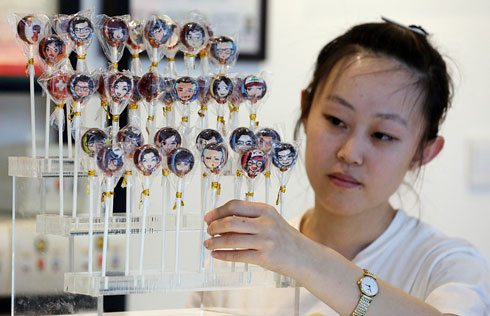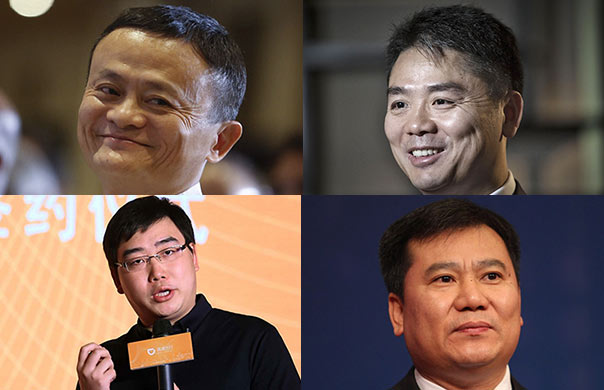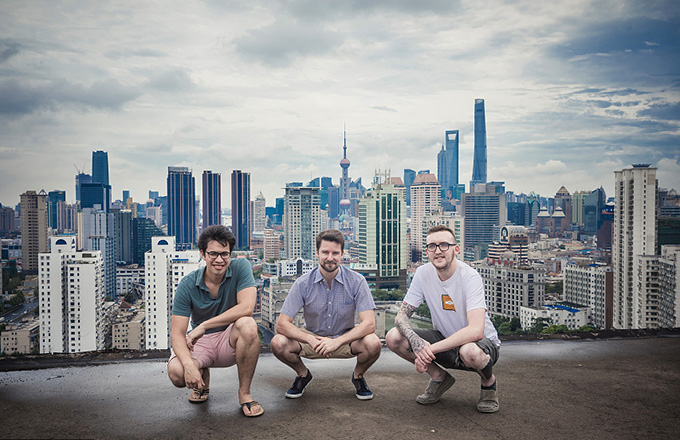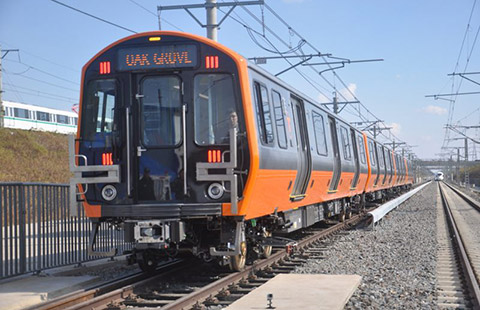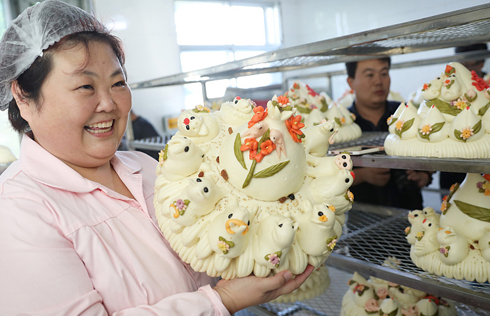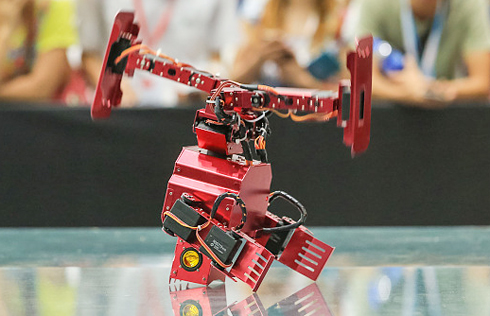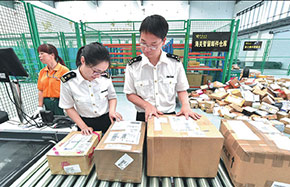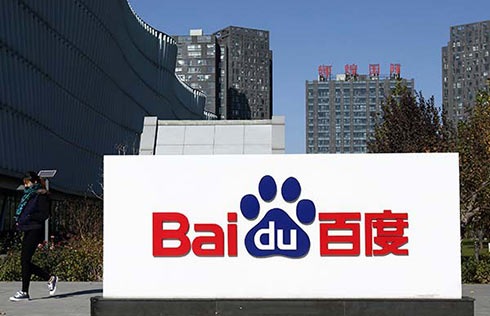Crowdsourcing offers more with part-time jobs
ZHENGZHOU - Wei Zhiguo has held many jobs from a chef to a clothing vendor and even a restaurant owner. The migrant worker in Zhengzhou, capital of Central China's Henan province, currently works as a "running man."
At 7 am every morning, the 39-year-old gets on his e-bike, attaches his smart phone, opens the UU Runner app and accepts his first order. On busy days, he can work until after midnight.
Every order may contain several different tasks. Wei has been paid to queue for hospital registration, buy lottery tickets or groceries and even walk dogs. Despite having only a middle school education, he can complete 10 to 20 orders a day, earning a monthly salary of up to 10,000 yuan ($1,504), higher than some white-collar workers in Zhengzhou.
Unlike Wei, who looks like any other delivery person on the street, whenever Ma Yongxi delivers a package, he attracts attention.
Wearing a black suit and carrying a black briefcase, Ma is a "black man" errand runner, who is responsible for the delivery of important documents and expensive goods, such as electronics or jewelry.
Wei and Ma work for the same company, UU Runner, a leading errand running company which employs 400,000 errand runners, or "running man" as they are called.
Based on China's high level of mobile internet adoption, UU Runner hopes to bridge the gap between people who need services and those who have time to spare.
Users can place an order and specify the errands they need done on either UU Runner's website or app. A registered "running man" then accepts the order and run the errands for the customer. It currently takes an average of 39 minutes for a running man to complete an order.
Many Chinese now care more about the value of their time and are increasingly willing to pay for services, which has created a demand for errand running services in China's shared economy, said Qiao Songtao, 36, founder of UU Runner.
After starting in Zhengzhou, the company has received financing of over 200 million yuan ($30 million) and now provides service in 85 cities across China. In October 2016, the company became profitable.
In a sharing economy, crowdsourcing companies like UU Runner have created many full and part-time jobs, having a significant impact in Henan which has a population of more than 100 million, said Wang Sixi, a professor with Communication University of China in Beijing.
The development of UU Runner mirrors the development of China's sharing economy, which saw a trade volume of 3.45 trillion yuan in 2016, according to a report released in March by the Sharing Economy Research Center under the State Information Center.
A total of 600 million people were involved in the industry in 2016, up 100 million from the previous year, said the report.
The report predicted that China's sharing economy will grow at an average annual rate of 40 percent over the next few years to account for more than 10 percent of the country's GDP by 2020.




